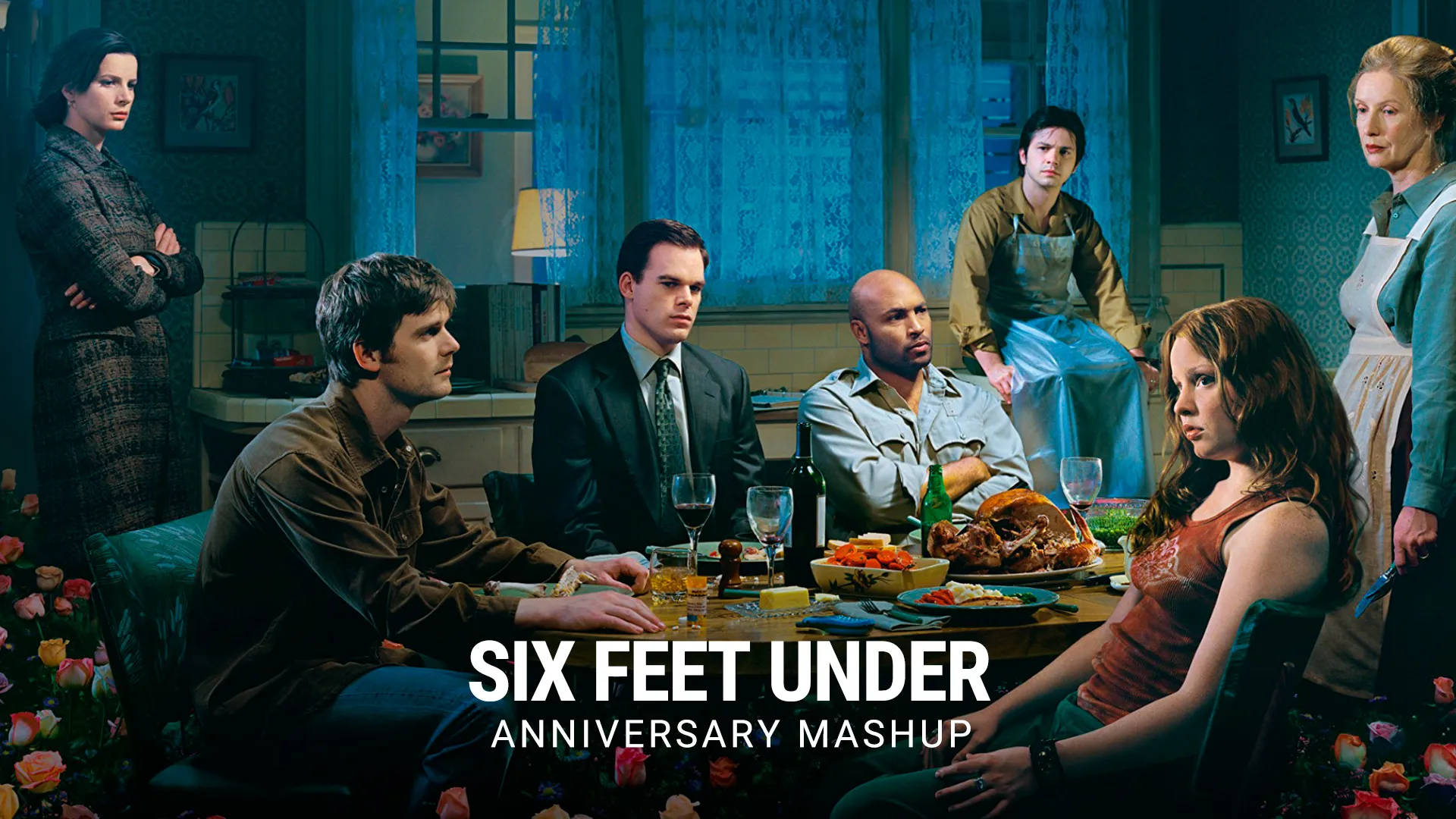All of Us Strangers – A Lyrical Exploration of Love, Grief, and Memory
All of Us Strangers is a haunting and emotionally resonant drama that blends romantic longing with metaphysical mystery. Directed by Andrew Haigh and adapted from Taichi Yamada’s 1987 novel Strangers, the film reimagines the original story through a deeply personal, queer lens. It delicately explores themes of loneliness, unresolved trauma, and the enduring desire to reconnect with lost loved ones — both living and dead.
The story follows Adam (played with aching vulnerability by Andrew Scott), a solitary screenwriter living in near-isolation in a modern London high-rise. His days are marked by silence and detachment, as he struggles to complete a screenplay based on his childhood. One evening, a chance encounter with his enigmatic neighbor Harry (Paul Mescal) sparks a tentative romance that slowly pulls Adam out of emotional paralysis. As their relationship deepens, Adam begins to confront buried memories and long-standing grief.
Haunted by the deaths of his parents in a car accident when he was just 12, Adam makes a surreal journey back to his suburban childhood home — only to find his parents (Claire Foy and Jamie Bell) alive and exactly as he remembered them. This impossible reunion becomes a central mystery of the film. Are they ghosts? Manifestations of memory? Or something more symbolic? Whatever they are, they offer Adam a chance to say what was never said, to be seen and accepted as he truly is, and to process a pain that time never healed.
Haigh directs with an ethereal, intimate touch, creating an atmosphere that is dreamlike yet grounded in emotional truth. The cinematography, often bathed in soft light and muted tones, underscores the sense of both comfort and melancholy. The film avoids grand declarations, instead lingering in quiet moments — a look, a touch, a half-spoken sentence — allowing the audience to feel the weight of memory and the fragility of human connection.
At its core, All of Us Strangers is about the universal longing to rewrite the past, to make peace with absence, and to find someone who truly understands. Andrew Scott delivers one of the most affecting performances of his career — restrained, soulful, and full of unspoken sorrow. Paul Mescal’s Harry is both mysterious and magnetic, bringing warmth to a film otherwise steeped in grief. Together, their chemistry radiates a fragile tenderness, making their relationship feel both ephemeral and profound.
What elevates the film is its refusal to explain away the supernatural elements. It allows the impossible to exist alongside the emotional, creating a space where metaphor and memory blend seamlessly. The title itself — All of Us Strangers — evokes the feeling of disconnection that permeates modern life, the distance we often feel from ourselves, our past, and the people we wish we knew better.
In the end, All of Us Strangers is not about solving a mystery, but about accepting the ghosts that live with us — the regrets, the missed chances, and the people we carry in our hearts. It is a film of quiet devastation and profound beauty, a love story not just between two men, but between a man and his memories, his wounds, and the version of himself he’s still learning to embrace.

-1751967256-q80.webp)

